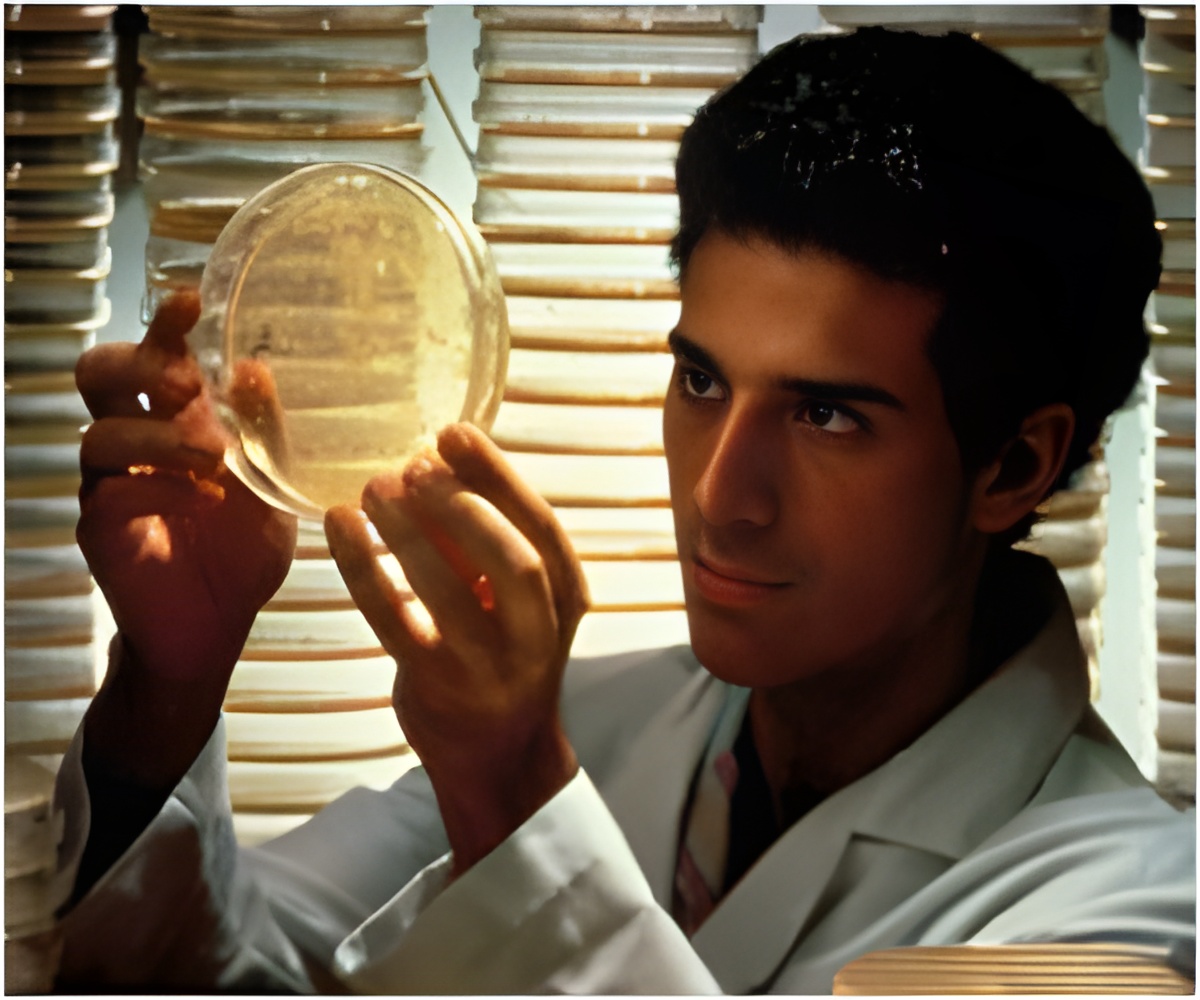
In a study that focused on the fibrils associated with AD, Nat?lia Carulla and colleagues used laboratory techniques to detail molecular recycling within fibrils formed by two proteins, AB40 and AB42, which are most associated with AD.
After monitoring recycling for 40 days, they found that both AB40 and AB42 molecules recycle within the fibril population, although to different extents. After 40 days, 80 percent of the molecules making up AB40 fibrils underwent recycling while only 30 percent did so in AB42 fibrils. These observations imply that AB42 recycles more slowly.
"It will be important to address if differences in the recycling species within AB40 and AB42 fibrils are relevant in the development of Alzheimer's disease. We are now working towards this aim. Once we have this information, we will be in a position to devise new therapeutic strategies that can modulate recycling," said Carulla.
The study has been reported in the Journal of the American Chemical Society.
Source-ANI














